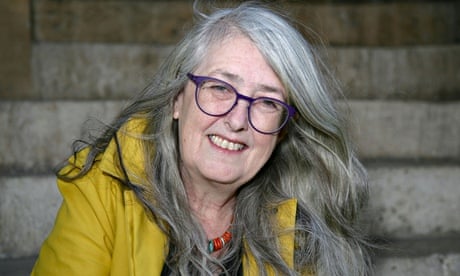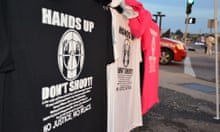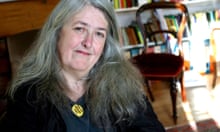Academic and TV historian Mary Beard has disclosed her innovative approach to dealing with her vitriolic Twitter trolls – writing them a job reference.
The Cambridge University professor, one of the country's foremost classicists who has fought a very public battle about online etiquette after receiving a torrent of abuse on Twitter, said she has taken to befriending her vilifiers.
They include the university student Oliver Rawlings, whom she publicly named and shamed in July last year after he sent her an abusive message. Speaking in an interview with the New Yorker magazine, Beard revealed the pair had remained in touch after he took her to lunch to apologise for sending her a tweet that read: "You filthy old slut" followed by a derogatory comment about her genitalia.
Beard retweeted it to her 47,000 followers to out her abuser, but said she had now taken to writing job recommendations for Rawlings so he didn't suffer in the long term for "one moment of idiocy".
"He is going to find it hard to get a job, because as soon as you Google his name that is what comes up," she said. "And although he was a very silly, injudicious, and at that moment not very pleasant young guy, I don't actually think one tweet should ruin your job prospects."
She added: "In general, I am more concerned to be sure that people don't use the internet in this way (or don't do so again) than to seek 'punishment'."
Beard's tactic of naming-and-shaming also prompted Rawlings to make a public apology on his own Twitter account, writing: "I sincerely apologise for my trolling. I was wrong and very rude. Hope this can be forgotten and forgiven. I feel this had been a good lesson for me. Thanks 4 showing me the error of my ways."
The 59-year-old has been one of the most outspoken voices on trolls, condemning their behaviour as "vile playground bullying" and "generic, violent misogyny" after an appearance on BBC Question Time last year led to a torrent of vile sexual taunts and abuse directed at her on social media.
Beard told the New Yorker she had taken a similarly benevolent approach with another internet abuser who called her evil following her Question Time appearance. After an exchange of emails she discovered the troll was in fact upset about a problem with his healthcare. Beard then stepped in to lend assistance to him.
She said: "It took two minutes on Google to discover the reciprocal healthcare agreement, so I sent it to him. Now when I have a bit of internet trouble, I get an email from him saying: 'Mary, are you all right? I was worried about you.'"
Beard said she had also received an apology for another man who had doctored an image of her with genitalia on her face, who then revealed himself to be a married father of two. He had sent her a letter, she said, that described "how he should never have done it, in a way that was very eloquent".
Describing her constructive approach, Beard said she did not simply want to be perceived as a "long-suffering female parent" scolding her errant teenager, adding: "If being a decent soul is being maternal, then fine. I'll call it human."
A 2013 report from the organisation Working to Halt Abuse Online revealed that 72.5% of people who reported being abused on the internet in the last decade have been female. Speaking to the Guardian last year, Beard said that the ongoing trend of online harassment directed at women was nothing more than "misogyny, but it is also alienation and resentment, understandably, about the voice and the right to speak".
She added: "The web is democratising and also the voice of people who don't think they have another outlet. And that voice can be punitive."
On her personal blog, A Don's Life, which she has kept since 2006, Beard expressed further concerns on the destructive nature of internet trolling, adding: "It would be quite enough to put many women off appearing in public, contributing to political debate."
Charles Leadbeater, a former policy adviser to the Labour government, recently advocated a prize in the classicist's name to recognise those who tackled such online misogyny. "I'd love to create something like the Mary Beard prize for women online to support people who are supporting women to be able to use the internet safely," he said.











Comments (…)
Sign in or create your Guardian account to join the discussion